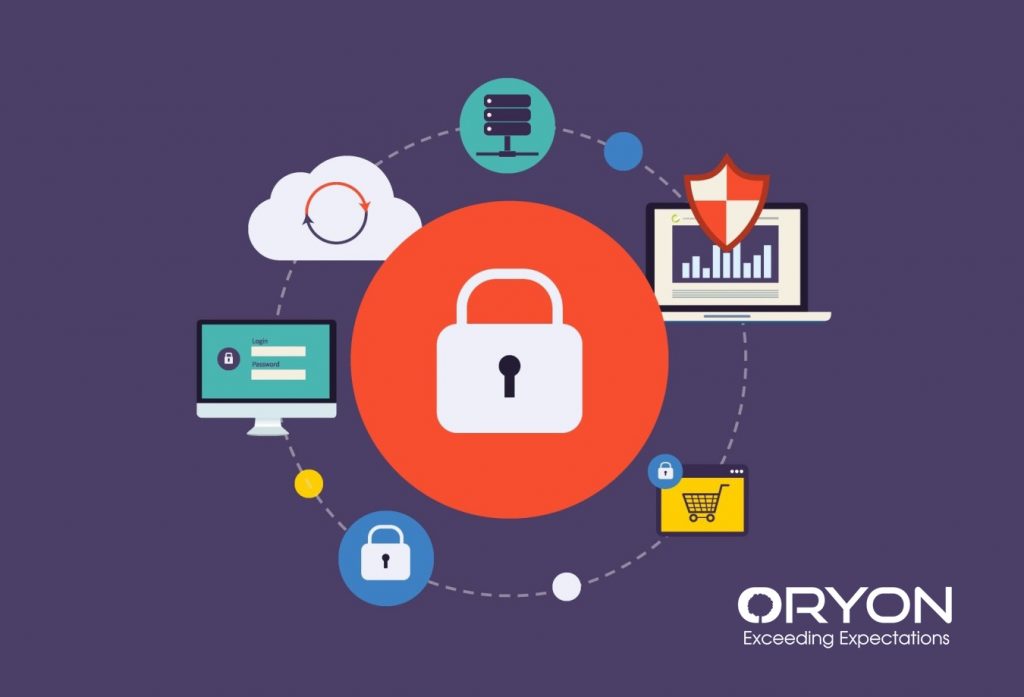IP Masking
Once you add your domain on Google analytics, as a website owner you can activate an IP masking which is an additional privacy settings feature with Google Analytics. If this function is enabled, it will remove the last digit or number from each user’s IP address. Kindly note that IP addresses aren’t visible within Google Analytics by default. But when you enable IP masking or Anonymize IP feature, these details will not used in detailed geographic reports as well. Using this feature will make the Google analytics feature less accurate and more privacy secured.
Strong Password Usage
As you hear this term already, a weak password is the open door to mis-use or hack all the Google Analytics data stored on your account. The main goal of the password policies is to encourage your Google analytics users to create reliable, secure, strong passwords. We recommend you to create a password policy that enforces a password with a minimum of 5 letters (caps and small), 4 numbers, 3 special characters.
Two-Factor Authentication
Two-Factor Authentication or 2FA which uses more than one type of information to identify and verify who you are in order to grant access to your online account. The first factor in 2FA is normally something that you know, such as a password or phone-number, whereas the second factor is usually something that you received in real time such as one-time password (OTP), etc,. There are also other forms of biometrics authentication measures including fingerprints, face recognition, etc,. This second layer of security ensures that even if a spammer/hacker managed to crack your password, your account will still be protected as he is unable to get a second factor of authentication. With Google analytics or generally with Google, you can easily enable and use their in-built 2FA or Multi Factor Authentication feature.
Cookies Privacy
Google analytics usually tracks every individual visitor who visits your website. It uses tracking codes that automatically collect data from visitors’ browsers using the well-known browser file called ‘cookies’. This security feature will be processed by the Google Tag Manager which is tracking code installed and integrated with your website or ecommerce.
Automatically delete your user data with Google Analytics
There is an auto-delete with Google analytics for Web & App Activity, Location History and for other more Google services, you can allow Google to automatically and continuously delete your location and activity history for every 3 or 18 months as per your convenience. You can also control what data has to be stored in your account with readymade on/off controls under your own Google Account.
Access the Google apps in Incognito mode:
Incognito mode has been one of the easiest ways to enable more privacy for your data. With all types of browsers, you can easily turn on or off the Incognito or private browser window mode. When you turn on Incognito mode in Google apps, your activity such as the places you search, keywords won’t be saved to your Google Account.
Remove Personally Identifiable Information (PII):
Google usually warns every customer to not send Personally Identifiable Information (PII) through the Analytics. It recommends removing PII (Personally Identifiable Information) from your website data to follow Google’s rules. The general PII includes names, email addresses, phone numbers and other sensitive user information.
